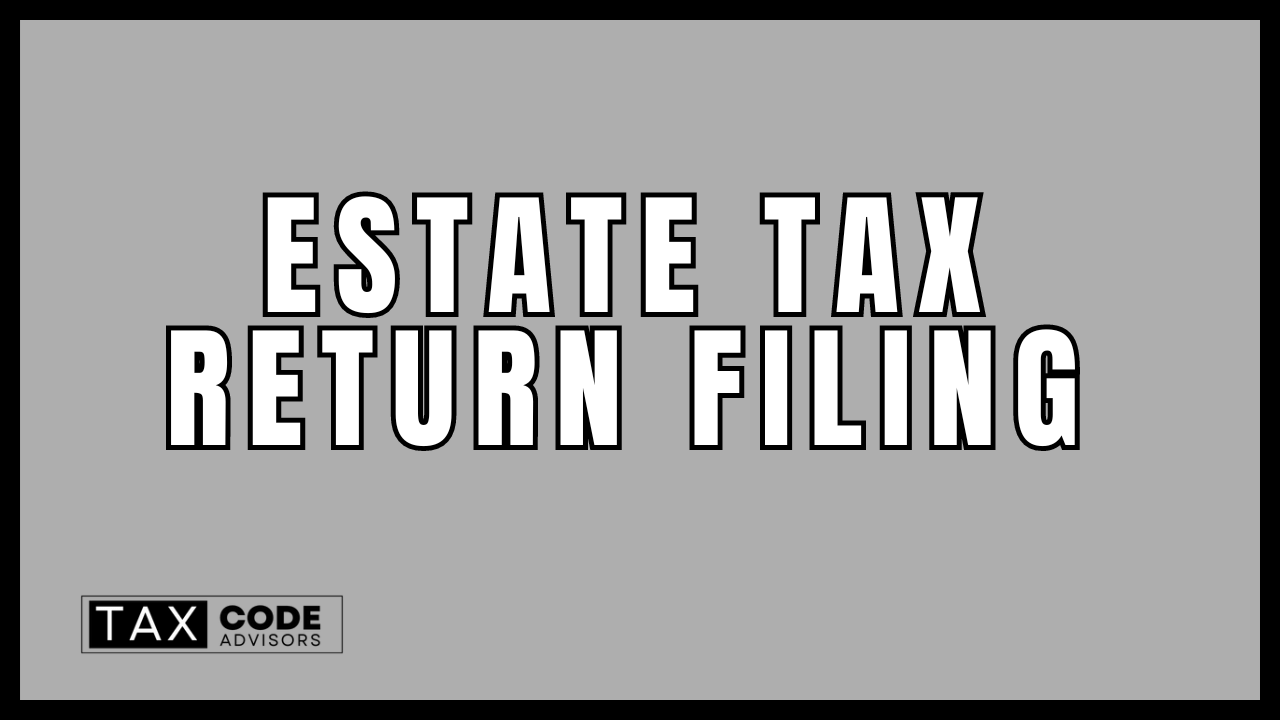
When navigating the aftermath of a loved one’s passing, one of the tasks that may fall to the executors or administrators of the estate is the filing of an estate tax return. It's a process that can seem daunting amidst a period of grief, but it’s an important legal obligation that, when handled with care and understanding, ensures compliance with tax laws and can help in the effective management of the deceased’s estate.
What is an Estate Tax Return?
An estate tax return, often referred to as Form 706 for federal filing, is a document submitted to the Internal Revenue Service (IRS) that reports the fair market value of all the assets within an individual's estate at the time of their death. Depending on the total value of the estate and the tax laws at the time, a tax may be owed.
Who Needs to File an Estate Tax Return?
As of my last update in April 2023, estates with combined gross assets and prior taxable gifts exceeding $12.06 million are required to file a federal estate tax return. However, this threshold is subject to change, so it's essential to check the current exemption amount. Some states also levy their own estate or inheritance taxes, often at lower thresholds.
Key Points to Remember When Filing an Estate Tax Return:
Filing an estate tax return is a critical process that, when done correctly, honors the financial legacy of the deceased and ensures a smoother transition of assets to the beneficiaries. Whether you are an executor or a beneficiary, understanding the importance of this step is paramount. With the right preparation and professional guidance, you can navigate these waters with confidence and peace, ensuring that all obligations are met and your loved one’s wishes are honored.
Here are some common mistakes we see people make with Estate Taxes:
Missing Filing Deadlines: Failing to file the estate tax return (Form 706) within nine months after the date of death can lead to penalties and interest.
Underestimating the Estate Size: Not properly accounting for all the assets that comprise the gross estate, such as life insurance proceeds or jointly held property, may result in underestimating the estate size and the resulting tax liability.
Incorrect Valuation of Assets: Valuing assets at the wrong time or incorrectly can lead to significant discrepancies in estate tax owed. The IRS pays close attention to valuations submitted on estate tax returns.
Overlooking Deductions and Credits: Missing out on deductions such as debts, funeral expenses, and estate administration costs, or not applying available tax credits, can unnecessarily increase the estate tax burden.
Improperly Reporting Lifetime Gifts: Failure to properly report gifts made during the decedent's lifetime can affect the estate tax exemption amount and may result in penalties for underreporting.
Not Utilizing Marital Deductions: Not taking advantage of marital deductions, which allow for unlimited tax-free transfers between spouses, is a common and costly oversight.
Failing to Consider State Estate Taxes: Some states have their own estate or inheritance taxes, and failing to file state estate tax returns when required can result in penalties and interest.
Not Coordinating with Beneficiary Income Taxes: The estate tax return can have implications for income taxes on beneficiaries, and lack of coordination can result in a higher combined tax burden.
Ignoring Portability Elections: Not electing for portability of the Deceased Spousal Unused Exclusion (DSUE) amount can lead to a loss of a spouse's unused estate tax exemption, which could have sheltered assets from estate taxes upon the second spouse's death.
Handling Qualified Retirement Accounts Improperly: Not understanding the tax implications of distributing or rolling over retirement accounts can lead to unexpected tax consequences for the estate and beneficiaries.
Due to the complexity of estate tax laws and the high stakes involved, it's often beneficial to consult with an estate tax professional to navigate these issues and avoid costly errors.